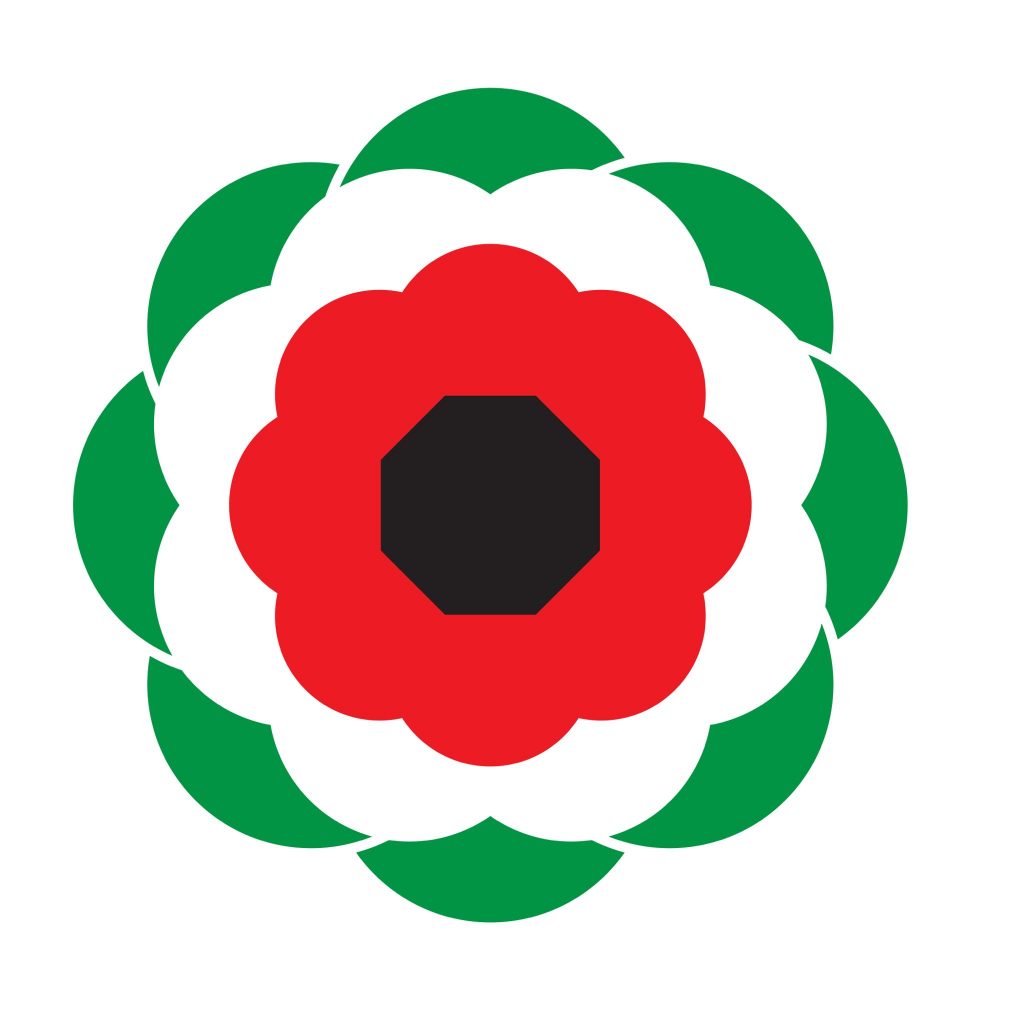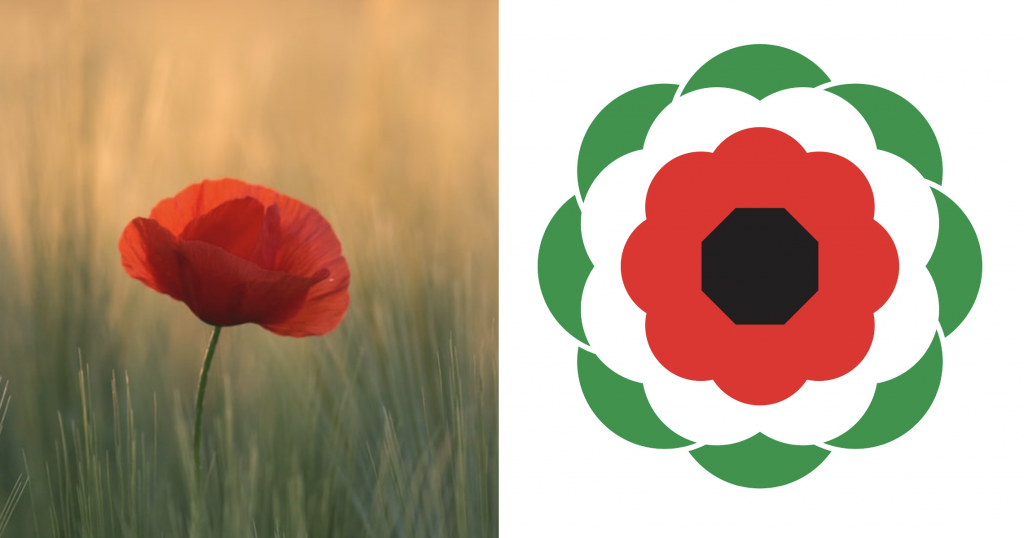Did you know that the poppy is the national flower of Palestine? It has various names, including the poppy anemone, Spanish marigold, and the windflower.
The Anemone coronaria, to give it its full formal name, is a beautiful flower that grows in different colours, but most usually red, across the Mediterranean.
In the spring, the flower’s distinctive red leaves cover fields across Palestine, hence the frequent reference to the poppy in Palestinian art and culture.
The poppy’s four colours – its red petals, black centre, the white of the inner flower, and green stem – form the colours of the Palestinian flag.
Once a symbol of the people’s relationship with their land, over the years the poppy has come to represent the bitter memories of wars fought and of blood split as the Palestinian people fight against ethnic cleansing from their ancestral lands.
From a British perspective, this week’s Remembrance Sunday is also apt for commemorating the Palestinians who fought for freedom during World War II. Arab Muslims represented around half of the Palestine Regiment that was formed in 1942.
In total, some 12,000 Palestinians, both Arabs and Jews, were conscripted under the British Mandate to serve in the British army during the Second World War. These volunteers participated in battles in North Africa and Europe. Many of them lost their lives or were wounded, and many others remain missing in action.
Disappointingly, there has been a huge outcry from some right-wing factions about whether a pro-Palestinian protest is appropriate during this Remembrance Weekend.
Poppies don’t only grow in Palestine: They’re our national flower. Western politicians are donning our flower while they genocide us…extremely painful irony. #RemembranceDay #FreePalestine #SanctionIsrael https://t.co/r0f64keEwX pic.twitter.com/Qapgw1Xp58
— Ghada Sasa | غادة سعسع PhD(c) 🇵🇸 (@sasa_ghada) November 7, 2023
For Palestinians and peace activists alike, this Saturday’s march on Armistice Day, which marks the cessation of hostilities on 11 November 1918 between Germany and the Allies during the Great War, could not be more apt as they call for a ceasefire in Gaza. The conflict has already claimed over 12,000 lives, mostly women and children, with thousands more set to die needlessly.
One British Muslim artist, Rooful Ali, has designed a special poppy that can be displayed on people’s social media as profile pictures to show solidarity with Palestinians this weekend.
Talking to T-VINE, Rooful explained the significance of his digital ‘poppy for Palestine’: “The black 8- sided centre is inspired by Al Aqsa, or Dome of the Rock, where the shrine is surrounded by an octagon shaped structure. Similar patterns are also found on Al Aqsa’s ceiling. The red is for the lives lost, the white is for the peace that we all pray for, and the green is for the land and the separation of communities.”
Rooful hopes people will download his poppy this weekend and share and display it to “remember Palestine”.
Main image, top, of a poppy in a field by Quaritsch Photography/ Unsplash, and (right) Rooful Ali’s Poppy for Palestine design





